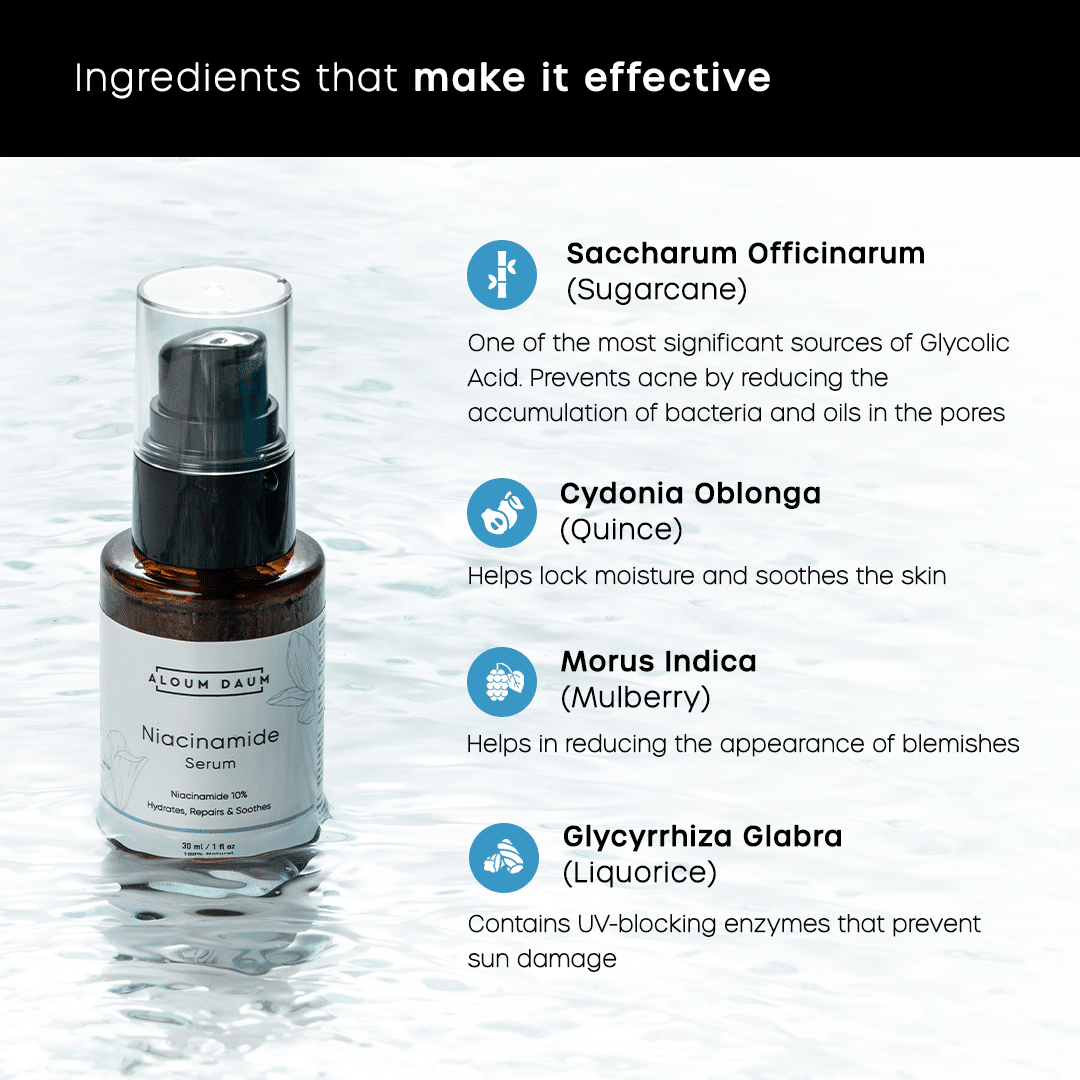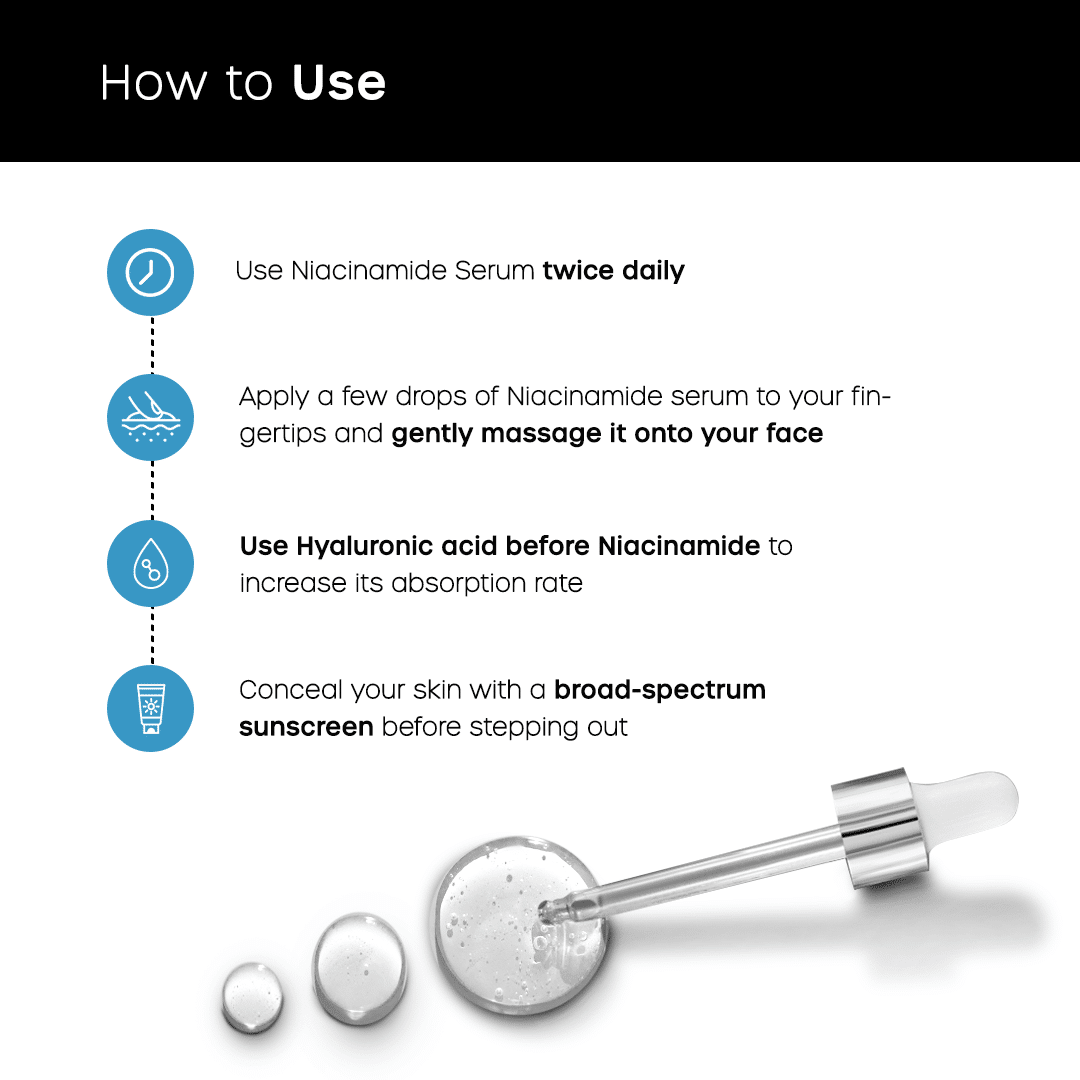
Skin inflammation, a common skincare concern, results from pollution and UV exposure. Serums play a vital role in combatting this issue, offering concentrated formulations. Niacinamide Serum enriched with Vitamin B3, reduces redness and irritation. When choosing a serum, consider your skin type, preferred concentration (usually 2-5% for Niacinamide), and the formulation that suits you best. To maximize benefits, apply a Niacinamide Serum after cleansing and before moisturizing, gently massaging it into your skin. Understanding skin inflammation, the role of serums, and proper application techniques empowers individuals to tackle this concern effectively.
Understanding Skin Inflammation
Skin inflammation, a common skin concern, is often the result of environmental factors like pollution and UV exposure. It presents redness, irritation, and discomfort, adversely impacting skin health. Recognizing the underlying causes of skin inflammation is essential for effective skincare. Pollution and UV rays can compromise the skin’s protective barrier, leading to inflammation, while stress can exacerbate the issue through hormonal changes.
Prolonged exposure to UV led to approximately 1.2 million instances of non-melanoma skin cancers and 325,000 cases of melanoma skin cancer, resulting in 64,000 and 57,000 premature deaths from non-melanoma and melanoma skin cancer. A well-rounded skincare routine with anti-inflammatory ingredients like Niacinamide is vital for combating this problem. Niacinamide can soothe and calm inflamed skin, making it a valuable addition to skincare routines, especially in India’s environmental challenges.
The Role of Serums
Serums are pivotal in addressing skin inflammation. These specialized skincare products offer concentrated formulations that can effectively target inflammation. When combating skin
inflammation, serums excel by delivering potent active ingredients directly to the skin. Niacinamide Serum, for instance, is renowned for its anti-inflammatory properties, which help reduce redness and irritation. Unlike regular moisturizers, serums are lightweight and easily absorbable, making them ideal for layering in a skincare routine. Their ability to penetrate deep into the skin allows for precise treatment, making serums indispensable in the battle against skin inflammation.
Aloum Daum’s Niacinamide
Serum is an effective and hydrating serum that is specifically formulated for oily skin. Aloum Daum’s anti-acne serum contains 10% niacinamide, which has been clinically proven to reduce acne, control excess sebum, and improve the appearance of enlarged pores.

• Niacinamide serum is a good choice for people with oily skin because it can help to reduce oiliness without drying out the skin. It can also help to improve skin texture and reduce the appearance of fine lines and wrinkles.
• It is a form of vitamin B3 that is essential for healthy skin. It helps to strengthen the skin barrier, regulate sebum production, and reduce inflammation. Niacinamide has also been shown to be effective in treating acne and other skin conditions.
• It serves as a skincare superhero, especially for people with oily skin. the serum contains beneficial ingredients such as, Saccharum (Sugar Cane), Cydonia Oblonga (Quince), Morus Indica (Mulberry), and Glycyrrhiza Glabra (Liquorice). These ingredients work together to soothe and protect the skin, while also reducing acne, oiliness, and enlarged pores.
Factors to Consider When Choosing a Serum
Several factors merit careful consideration when selecting a serum to address skin inflammation.
1• First and foremost, your skin type should guide your choice, as different serums cater to specific needs, whether your skin is oily, dry, or sensitive.
2• Next, scrutinize the product’s ingredient list to ensure it contains key anti inflammatory components, such as Niacinamide.
3• Additionally, take note of the serum’s concentration, as Niacinamide serums typically contain 2-5% of this active ingredient.
4• Finally, assess the formulation – whether it’s water-based, gel-based, or oil-based – to align with your skin’s preferences.
By mulling over these factors, you can make an informed decision and select a serum best suited to quell skin inflammation effectively.

How to Use Niacinamide Serum?
Using Niacinamide serum effectively involves a simple step-by-step routine:
1.Start with a clean face. Use a gentle cleanser to remove dirt and impurities from your skin. Pat dry with a clean towel.
2.Apply a toner if it’s part of your routine. Toners help balance the skin’s pH levels.
3.Take a pea-sized amount of Niacinamide serum onto your fingertips. Gently apply it to your face and neck, avoiding the eye area.
4.Allow the serum to absorb into your skin for a few minutes. It gives it time to work its magic.
5.Follow up with a suitable moisturizer to lock in the serum and provide hydration.
6.In the morning, finish with a broad-spectrum sunscreen with SPF 30 or higher to protect your skin from UV damage.

Tackling skin inflammation is a paramount concern in skincare, particularly in India, where environmental factors can affect our skin’s health. The journey toward healthier, more radiant skin begins with a clear understanding of the causes and effects of skin inflammation. Serums emerge as unsung heroes in this quest, delivering concentrated solutions to combat skin inflammation effectively. Among these, Niacinamide Serum stands out, harnessing the power of Vitamin B3 to calm and soothe irritated skin. However, choosing the right serum isn’t a one size-fits-all endeavor. It requires careful consideration of your skin type, the serum’s ingredient list, concentration, and the preferred formulation.
That was a wonderful article. I enjoyed reading it. Lots of details.